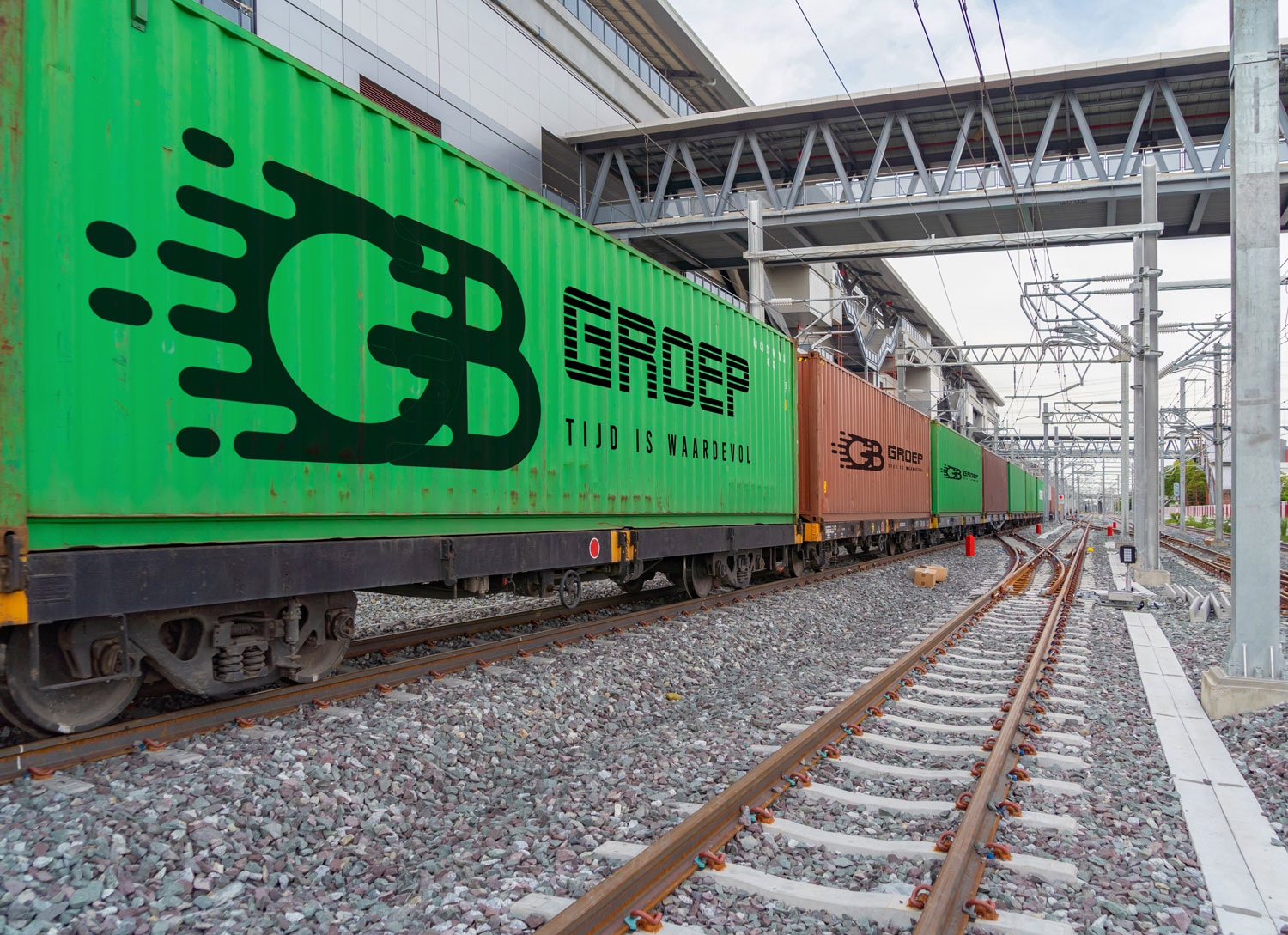Home
/Railway Transportation
Railway Transportation


What does railway transportation aim for?
Railway cargo transportation stands as a cornerstone of logistics, providing a reliable and cost-effective means of moving goods across vast distances. As an integral component of the transportation network, railway systems offer unique advantages that contribute to the efficiency and sustainability of supply chains.
What are the advantages of railway transportation?
One of the key advantages of railway cargo transportation is its capacity for handling large volumes of goods. Railways can accommodate heavy and bulky shipments, making them particularly suitable for industries that deal with substantial quantities of raw materials or finished products. The ability to transport goods in bulk reduces the overall transportation costs and contributes to the economic viability of various sectors.
Moreover, railway transportation is renowned for its environmental sustainability. Compared to other modes of transportation, trains are more fuel-efficient and emit fewer greenhouse gases per ton-mile of freight. This eco-friendly aspect aligns with the growing global emphasis on sustainable practices, making railways an attractive choice for companies committed to reducing their carbon footprint.
Is railway transportation safe?
Railway cargo transportation also offers a high level of reliability and safety. Rail networks are equipped with advanced signaling and monitoring systems, ensuring precise control over train movements. Additionally, the separation of passenger and cargo rail lines enhances safety measures, reducing the risk of accidents. The predictable schedules and low accident rates make railway transportation a dependable option for companies seeking secure and consistent cargo delivery.
The efficiency of railway cargo transportation extends to its role in supporting international trade. Rail networks connect regions and countries, fostering cross-border commerce by providing a seamless and cost-effective mode of transport. Intermodal connectivity, which allows for the easy transfer of cargo between trains and other modes of transportation, further enhances the reach and accessibility of railway cargo services.
In conclusion, railway cargo transportation plays a vital role in the global movement of goods, offering benefits such as cost-effectiveness, environmental sustainability, reliability, and international connectivity. As industries continue to prioritize efficient and sustainable logistics solutions, railways remain a fundamental and resilient element in the ever-evolving landscape of cargo transportation.
What You'll Get
- High Capacity
- Environmentally Friendly
- Reliability and Safety
- Economical Cost
- International Connectivity
- Integration and Accessibility
Efficiency
Railway transportation has the capacity to effectively transport large volumes of cargo, resulting in cost savings for businesses.
Environmental Friendliness
With low emission rates, railway transportation provides an environmentally friendly option.
Share This :
Call our free advice line regarding land transportation. We are waiting here to help you.
info@gbgroep.be
Social Media
You can follow us on our social media accounts. Be informed of all the news instantly.
Blog Posts
- Blog 1
- Blog 2
- Blog 3
- Blog 4
- Blog 5
Work Hours
- Mon - Sat: 09.00 AM - 07:00 PM
- Sunday: Closed
gbgroep.be



Copyright © 2023 All rights reserved.
